Alberto Giacometti retrospective at Tate Modern
The London museum is to host the first major exhibition for 20 years with works by the Swiss artist known for elongated bronze sculptures
A free daily email with the biggest news stories of the day – and the best features from TheWeek.com
You are now subscribed
Your newsletter sign-up was successful
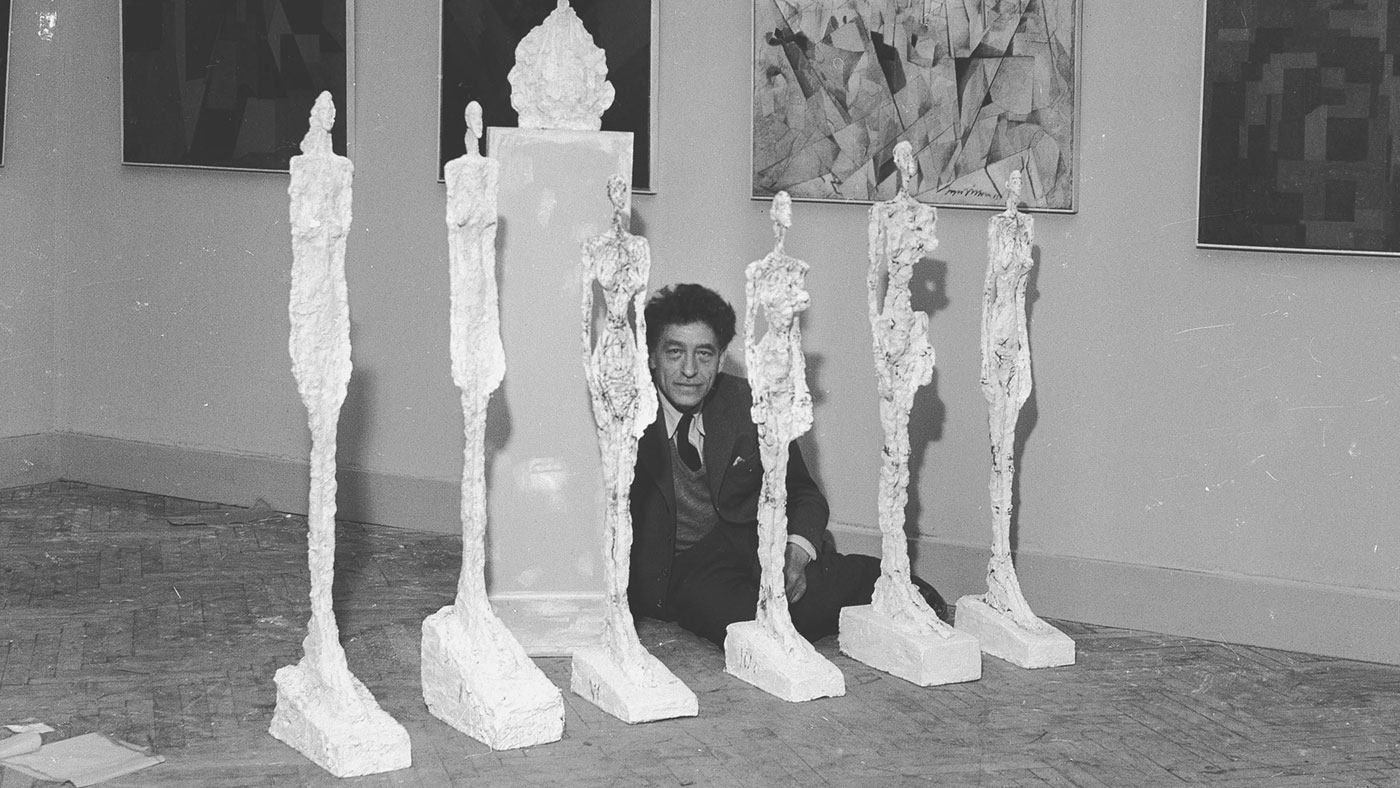
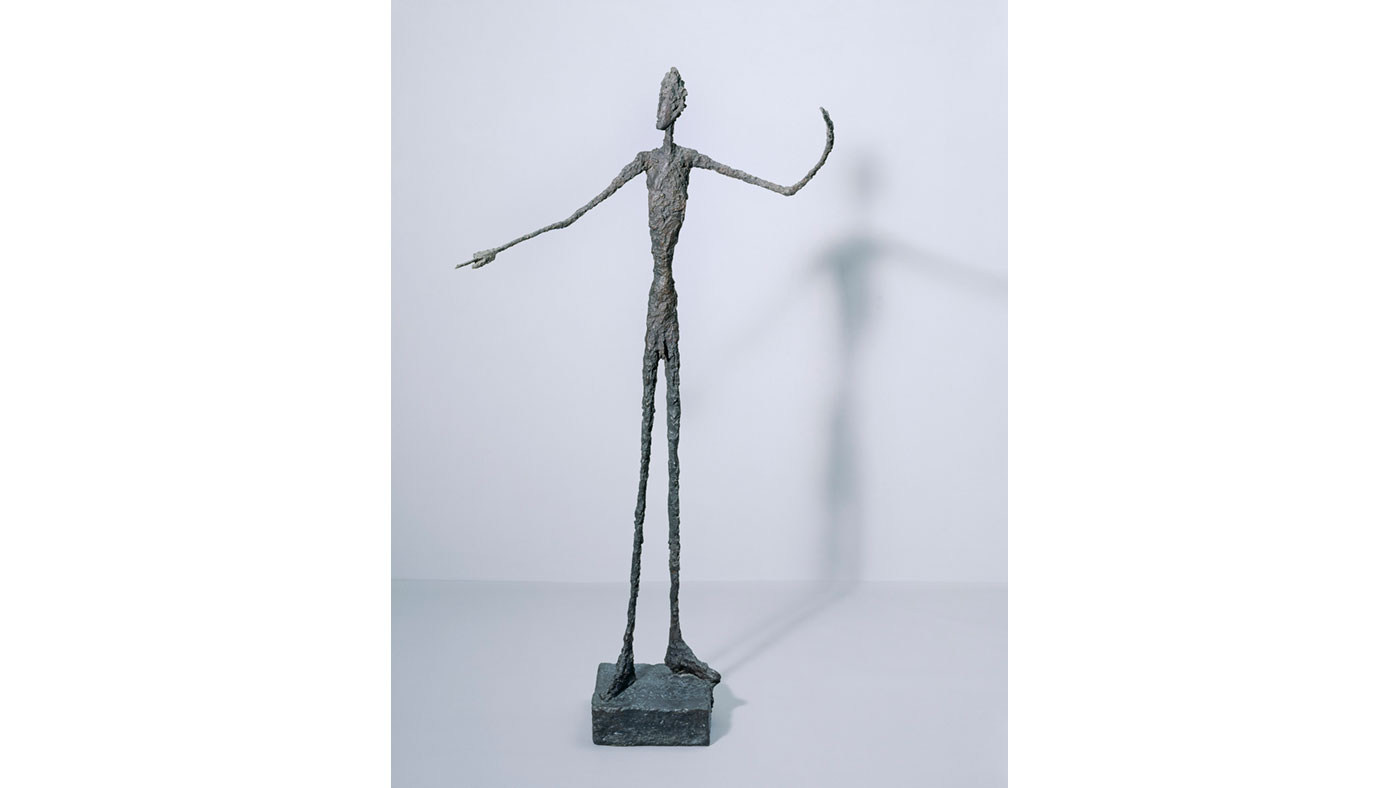
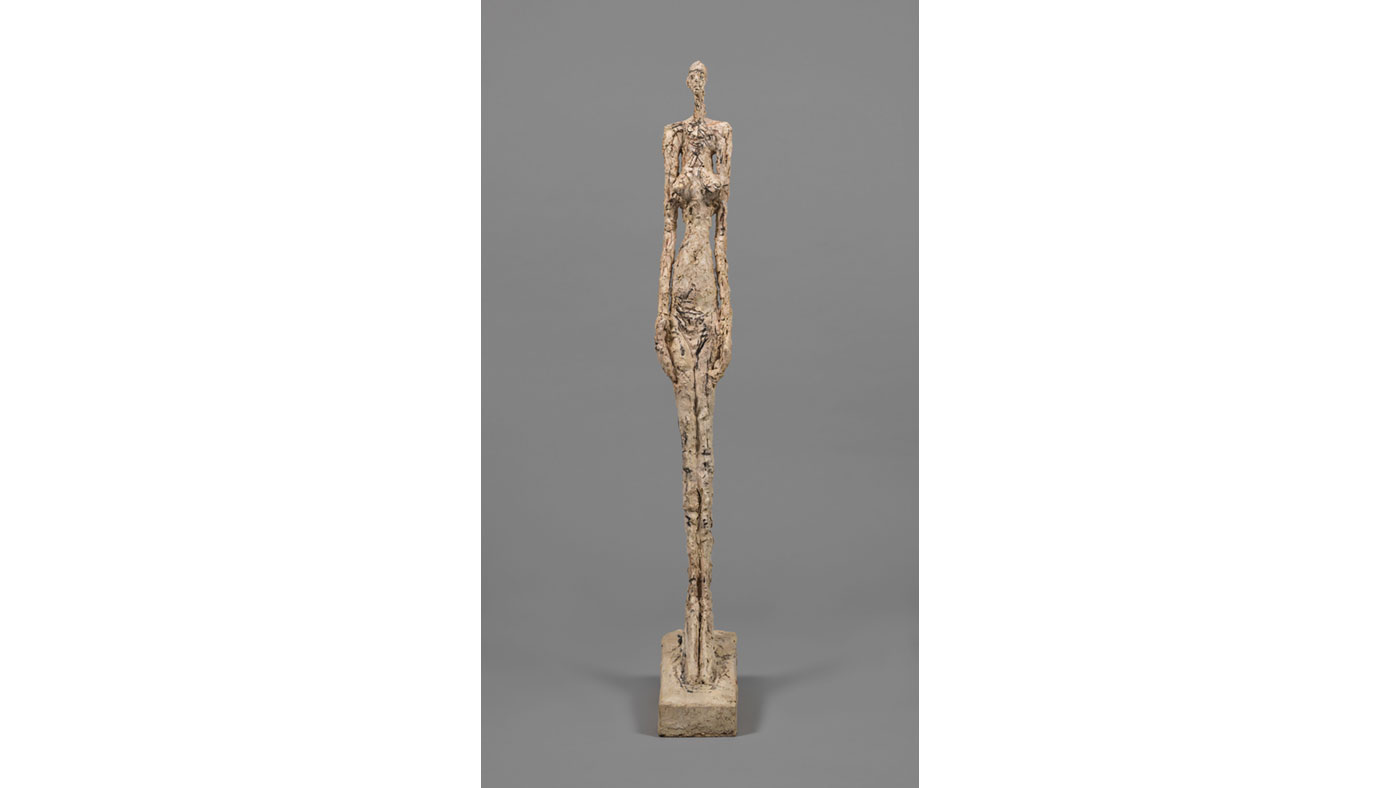
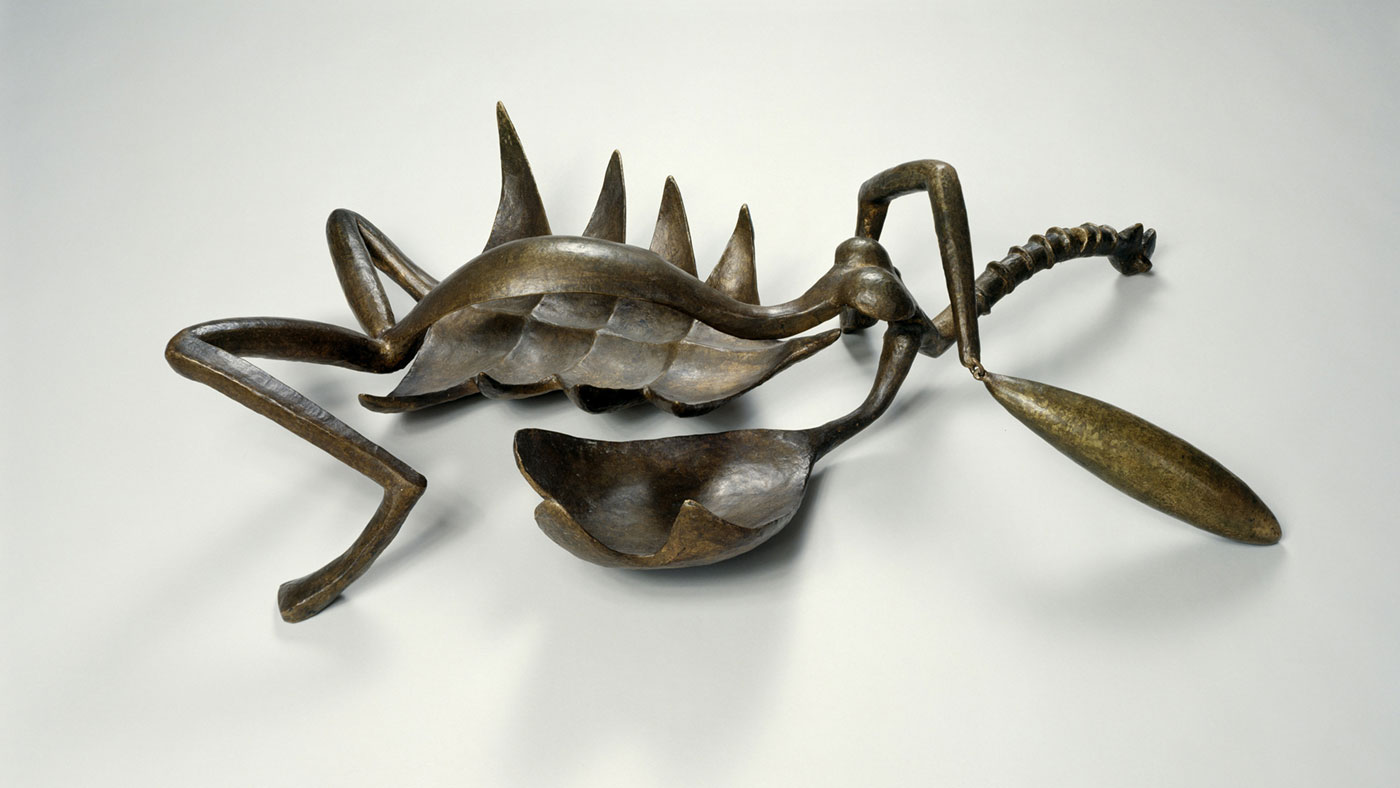
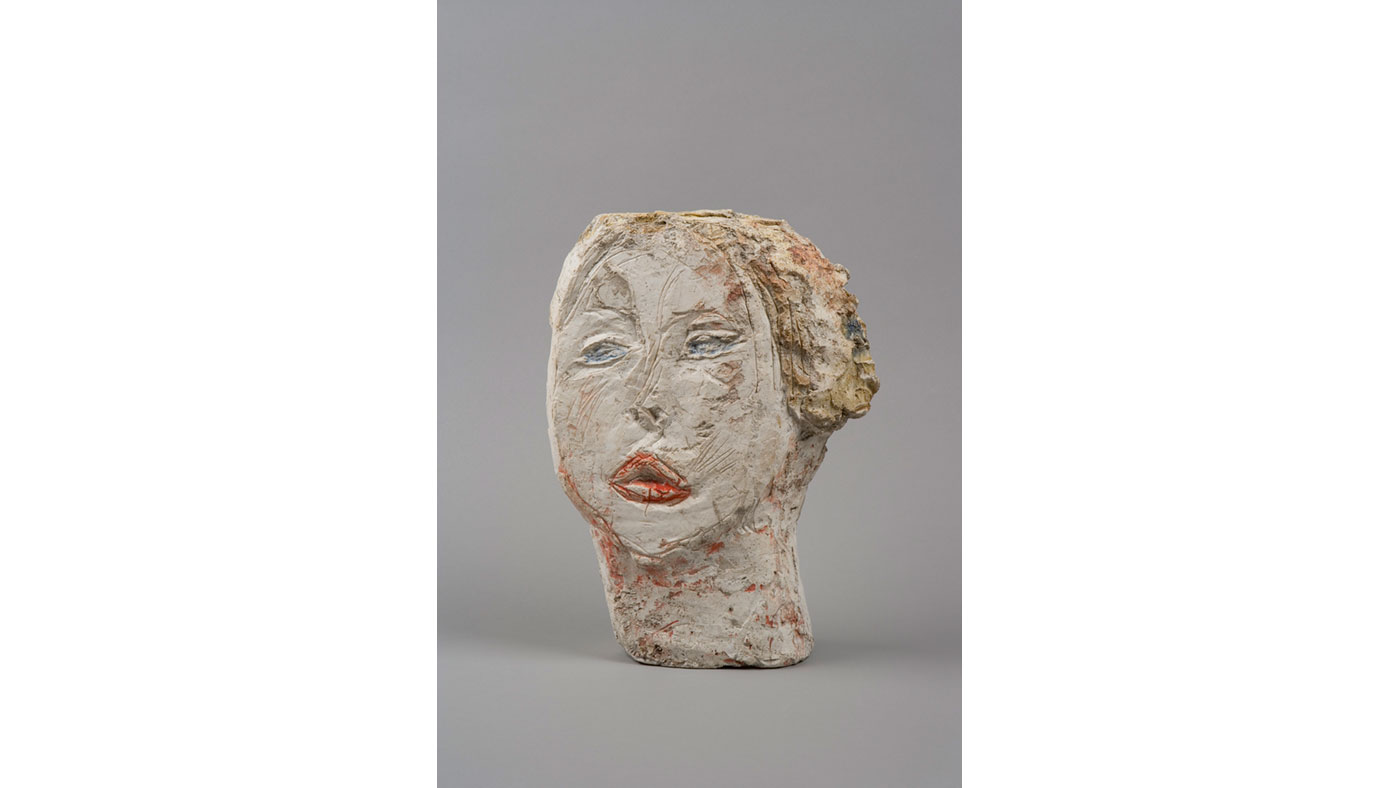
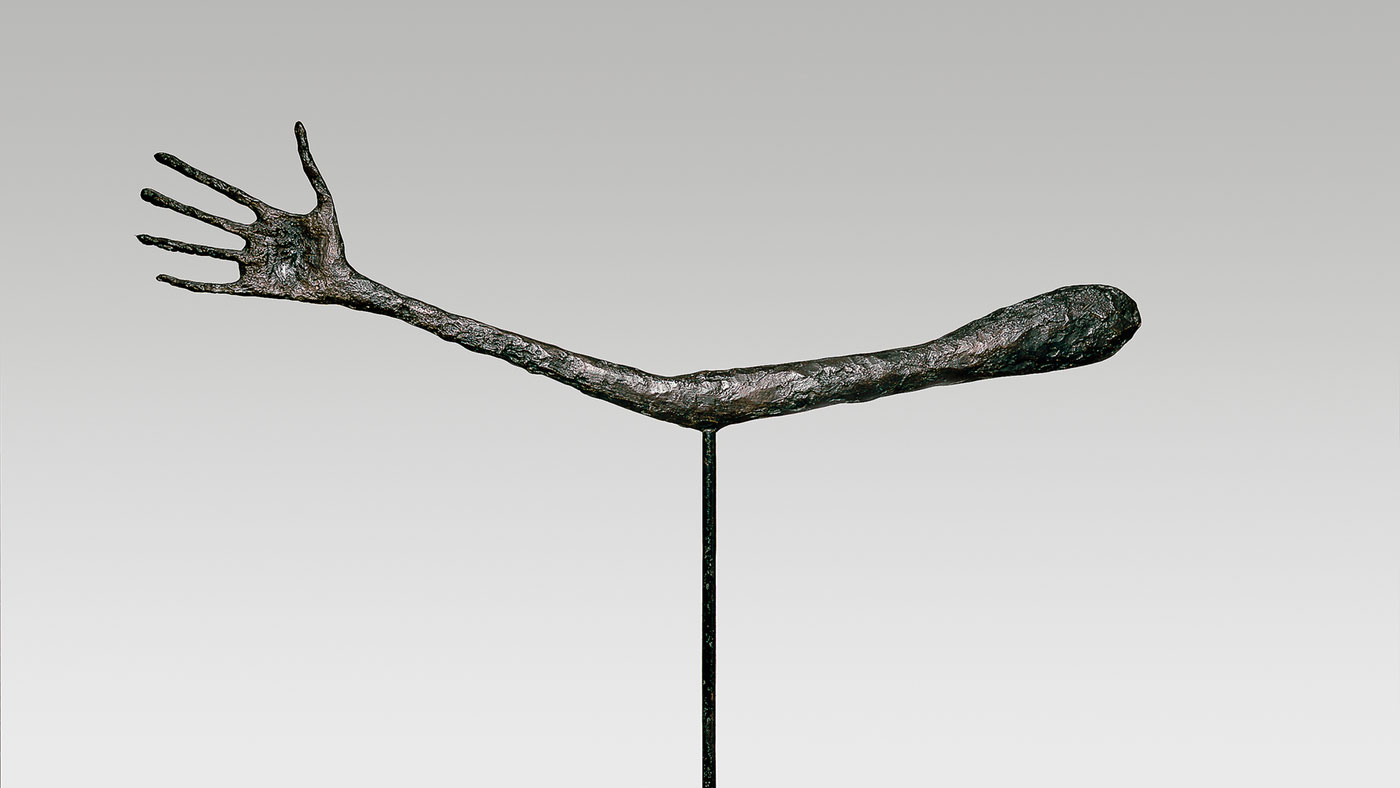
In February 2010, a 6ft bronze sculpture of a slender, striding man titled 'L'Homme qui marche I' went up for auction at Sotheby's. Experts predicted that the 1961 Alberto Giacometti artwork, part of a series of six bronze casts, would go for around £40m. There were audible gasps when the gavel concluded a £65m sale. 'L'Homme qui marche I' remains one of the most expensive artworks ever sold at auction and was, at the time, the most expensive sculpture ever sold – a record that was surpassed five years later by the same artist.

This month, Tate Modern is to host the UK's first major Giacometti exhibition in over 20 years. The comprehensive retrospective brings together more than 250 artworks including rare drawings, plasters and personal letters alongside famous work spanning the Swiss-born artist's entire career. One of the highlights is the restored 'Women of Venice' series, originally created for the 1956 Venice Biennale, which will be on display in its entirety for the first time in six decades.
Although he may be one of the less instantly recognisable giants of 20th century art, Giacometti remains one of its most influential and popular figures. A skilled painter, draughtsman and printmaker, Giacometti is most famous for his elongated bronze sculptures – a series as distinctive as Picasso's patchwork portraits or Lichtenstein’s Ben-Day dot comic-inspired paintings.
The Week
Escape your echo chamber. Get the facts behind the news, plus analysis from multiple perspectives.

Sign up for The Week's Free Newsletters
From our morning news briefing to a weekly Good News Newsletter, get the best of The Week delivered directly to your inbox.
From our morning news briefing to a weekly Good News Newsletter, get the best of The Week delivered directly to your inbox.

Giacometti was born into an artistic family in 1901 and developed an interest in painting from a young age. His father Giovanni was a respected Post-Impressionist painter and his brothers Diego and Bruno found success in art and architecture respectively. Giacometti studied under the great Antoine Bourdelle in Paris in the early 1920s, and remained at his unassuming studio at 46 rue Hippolyte-Maindron – where he entertained the likes of Jean-Paul Sartre, Henri Matisse and Marlene Dietrich – throughout his career. Sections of the studio's wooden walls, which feature Giacometti’s obsessive sketches and drawings, will also be on display at the exhibition.

Following an early association with Andre Breton and Surrealism, Giacometti abandoned the movement to pursue his own vision. His fragile, exaggerated figures became popular symbols of post-war trauma and are associated with existentialism and themes of melancholy and alienation. Giacometti was obsessed with depicting a palpable sense of spatial distance and experimenting with the reality of the human form. He stated that: 'The object of art is not to reproduce reality, but to create a reality of the same intensity.'
Tate Modern's exhibition presents a comprehensive understanding of the artist by putting the spotlight on his work in plaster, clay and paint. It offers a new perspective on Giacometti's creative methods as well as a rare opportunity to see a substantial collection of his work as the artist intended.
Giacometti at Tate Modern has been organised by Tate Modern and Fondation Alberto et Annette Giacometti, Paris. It runs from 10 May until 10 September 2017, tickets £18.50; tate.org.uk
A free daily email with the biggest news stories of the day – and the best features from TheWeek.com
-
 The ‘ravenous’ demand for Cornish minerals
The ‘ravenous’ demand for Cornish mineralsUnder the Radar Growing need for critical minerals to power tech has intensified ‘appetite’ for lithium, which could be a ‘huge boon’ for local economy
-
 Why are election experts taking Trump’s midterm threats seriously?
Why are election experts taking Trump’s midterm threats seriously?IN THE SPOTLIGHT As the president muses about polling place deployments and a centralized electoral system aimed at one-party control, lawmakers are taking this administration at its word
-
 ‘Restaurateurs have become millionaires’
‘Restaurateurs have become millionaires’Instant Opinion Opinion, comment and editorials of the day
-
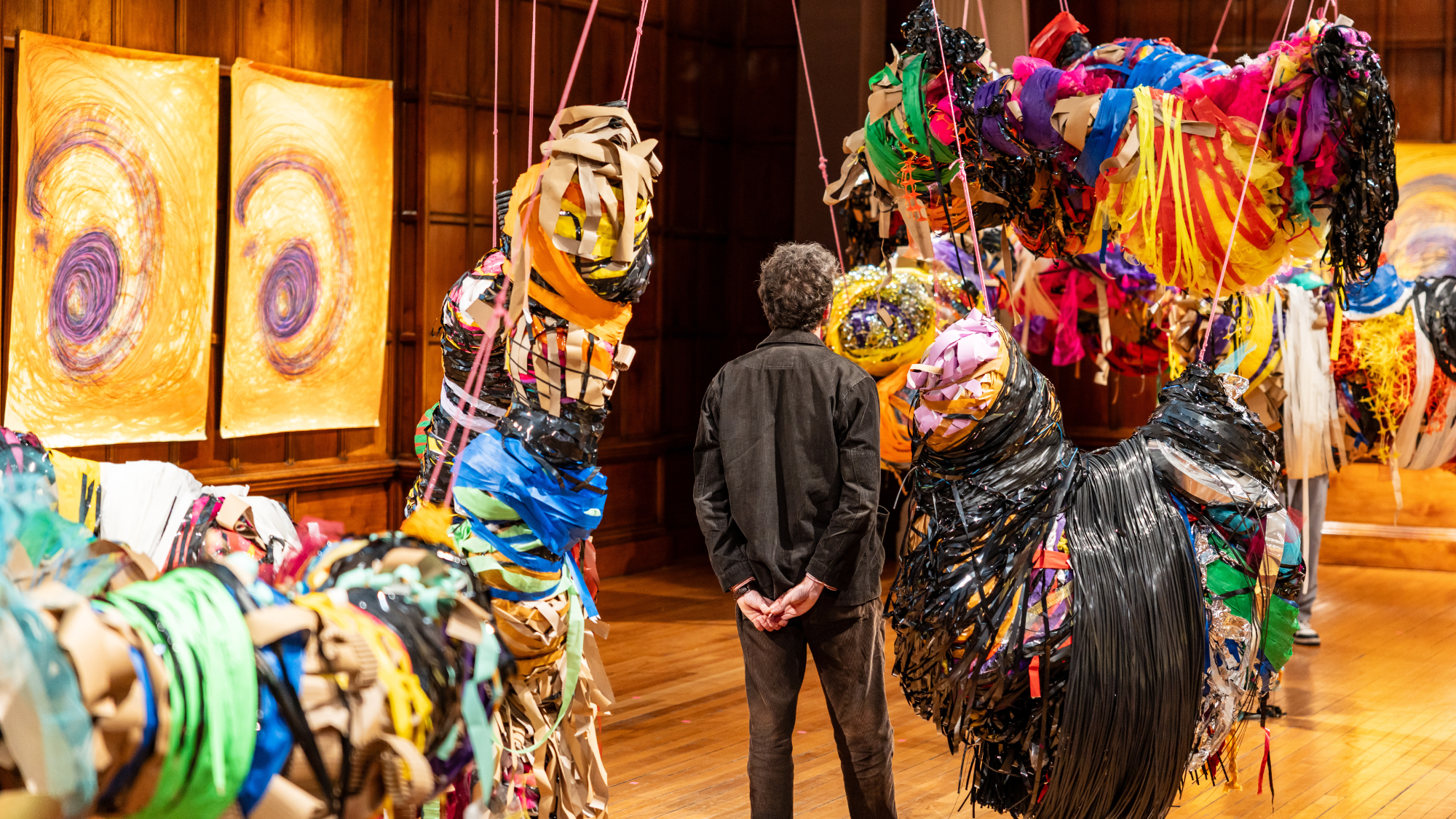 Nnela Kalu’s historic Turner Prize win
Nnela Kalu’s historic Turner Prize winTalking Point Glasgow-born artist is first person with a learning disability to win Britain’s biggest art prize
-
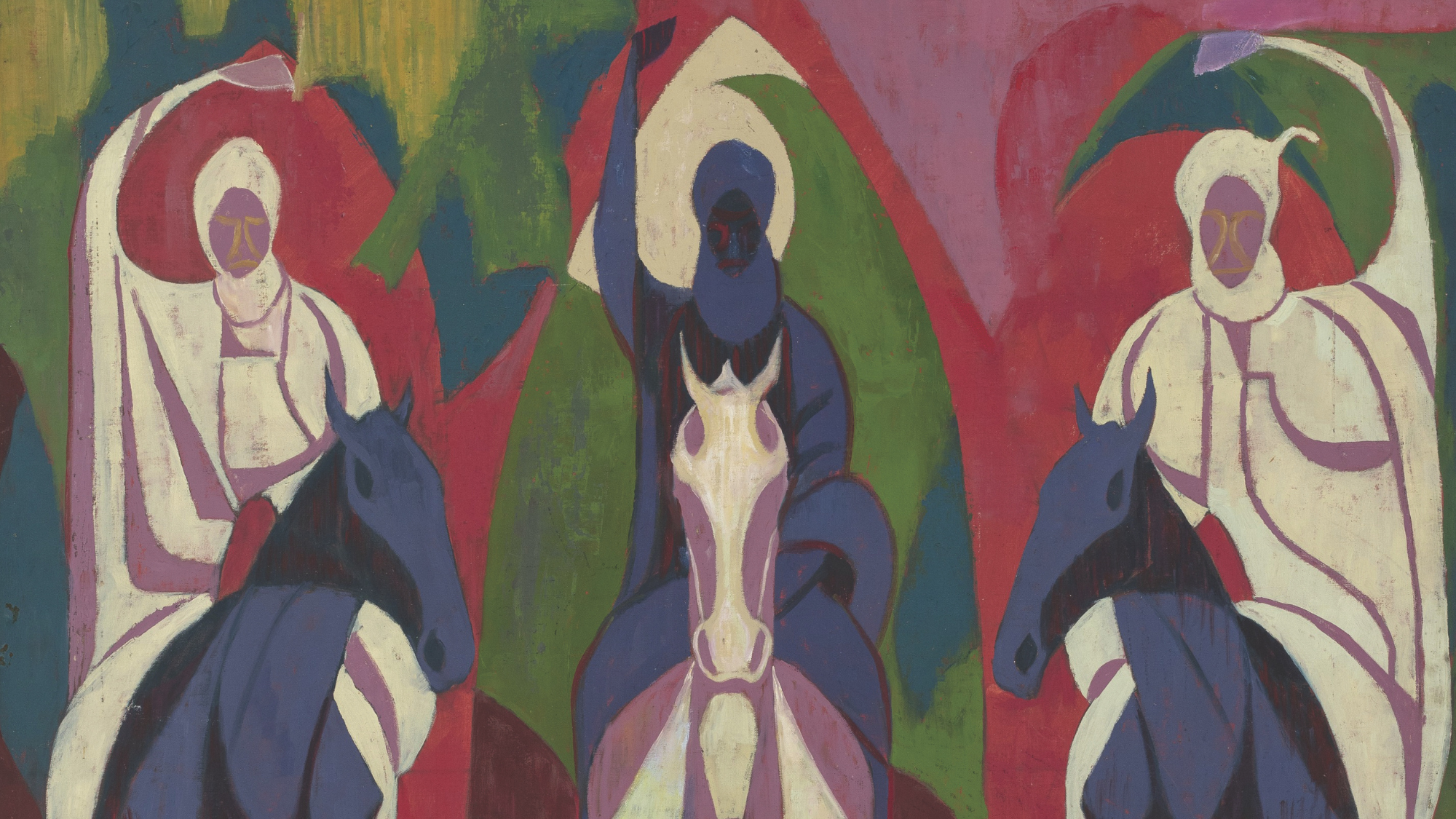 Nigerian Modernism: an ‘entrancing, enlightening exhibition’
Nigerian Modernism: an ‘entrancing, enlightening exhibition’The Week Recommends Tate Modern’s ‘revelatory’ show includes 250 works examining Nigerian art pre- and post independence
-
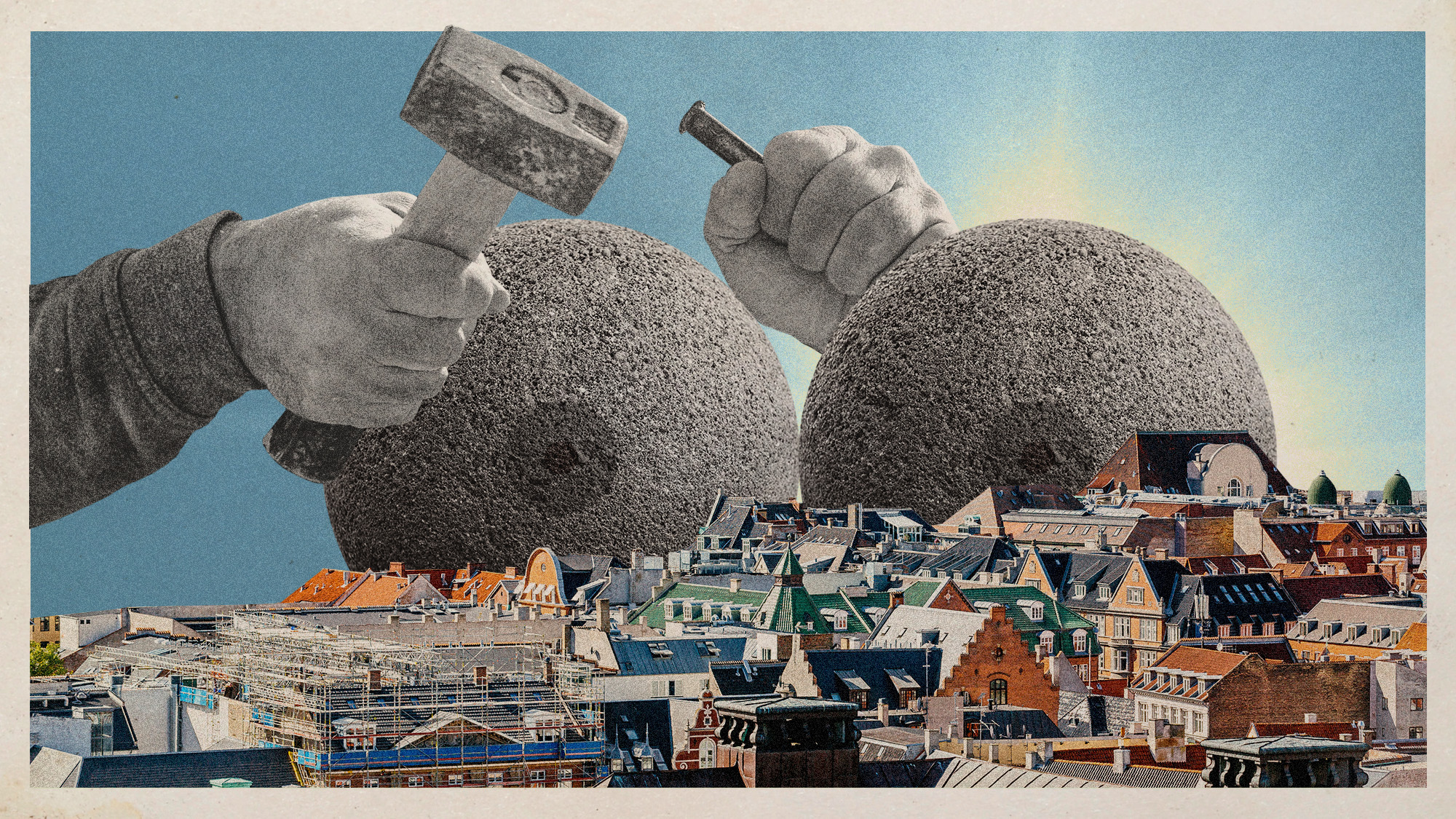 Denmark's 'pornographic' mermaid statue is in hot water
Denmark's 'pornographic' mermaid statue is in hot waterUnder the Radar Town will reportedly remove voluptuous Big Mermaid, despite statue being 'arguably a bit less naked' than Copenhagen monument the Little Mermaid
-
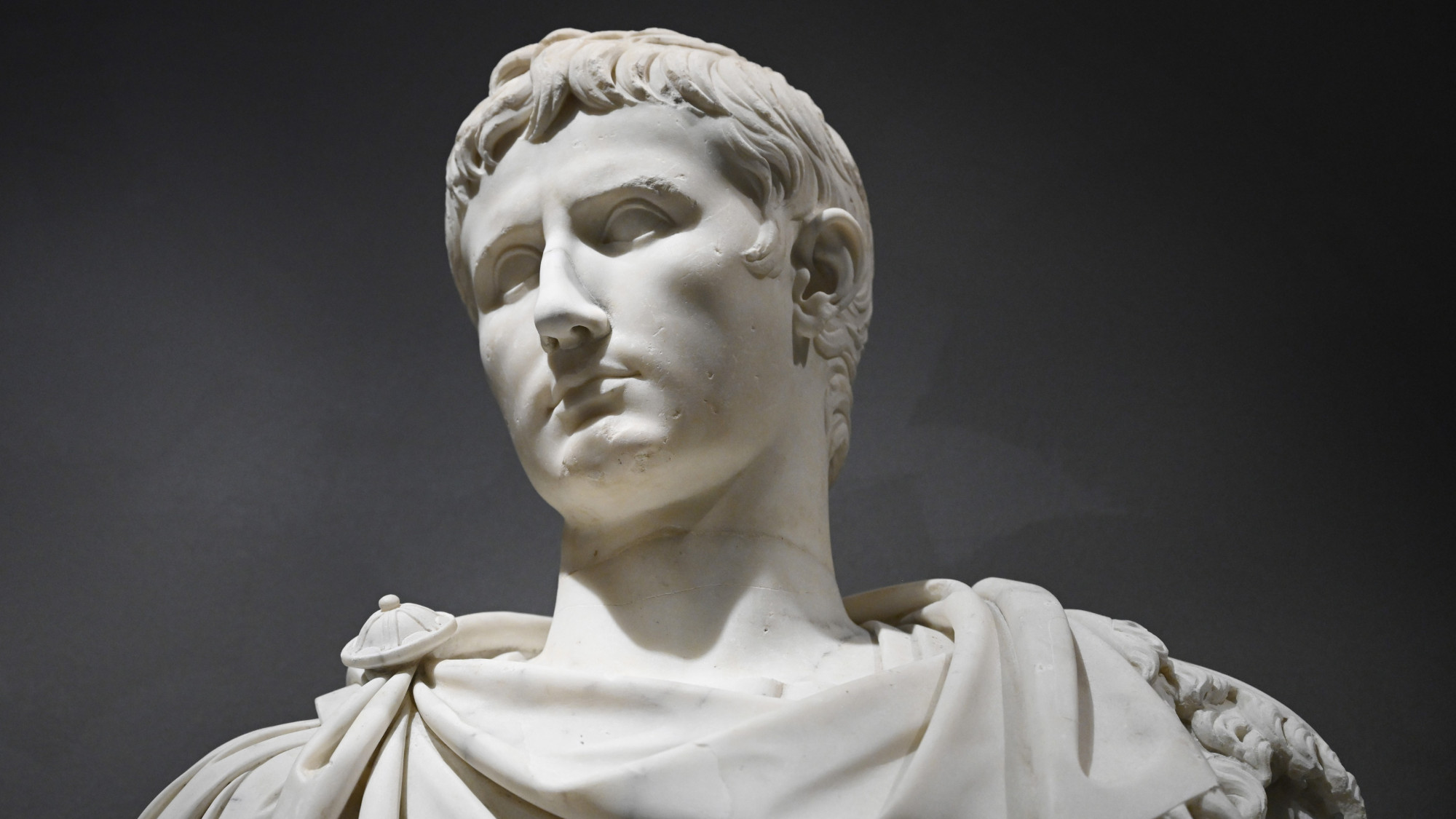 Myth and Marble: Ancient Roman Sculpture From the Torlonia Collection
Myth and Marble: Ancient Roman Sculpture From the Torlonia CollectionFeature The private collection is being revealed to the public for the first time in decades
-
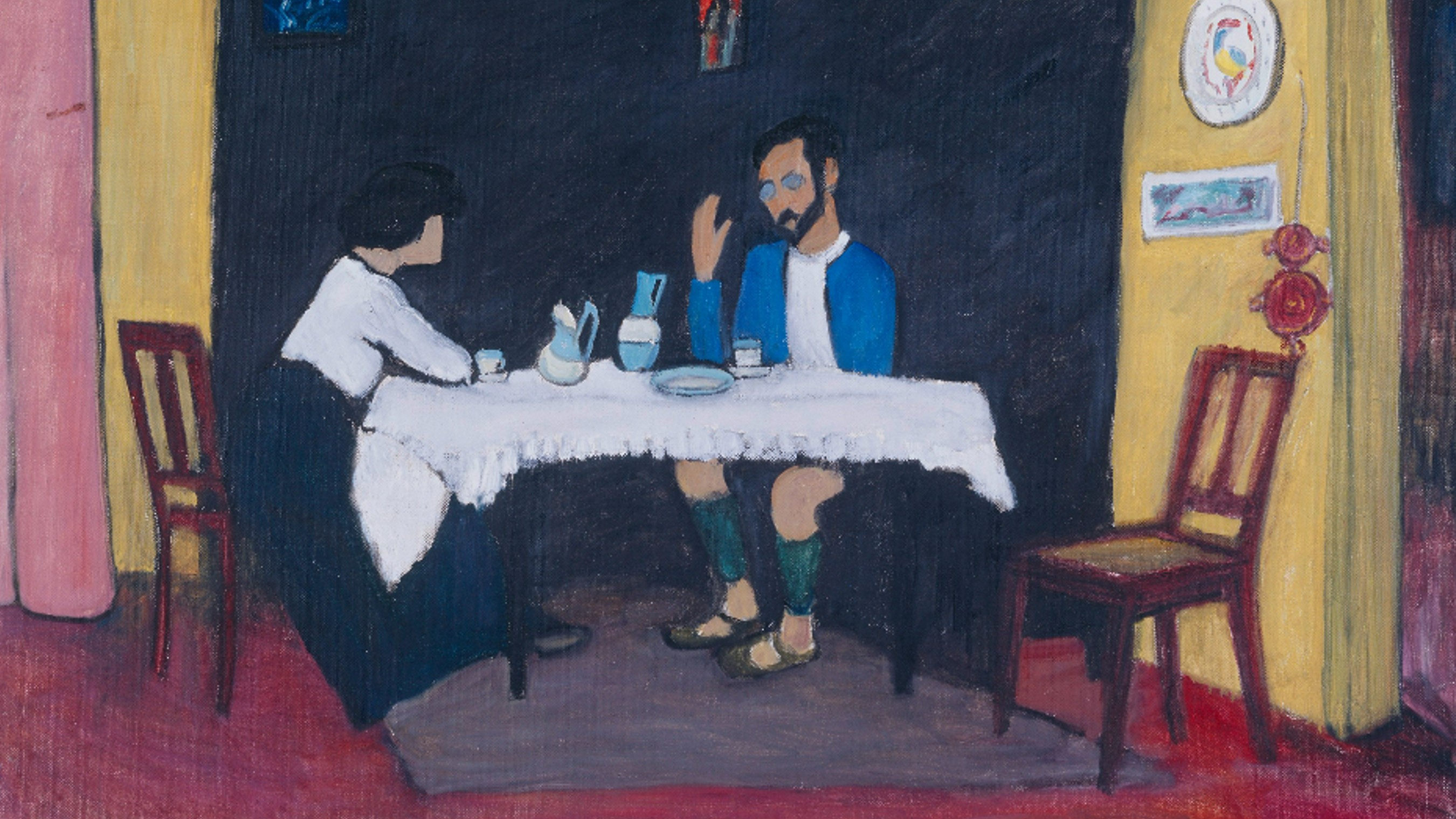 Expressionists: a 'rousing' exhibition at the Tate Modern
Expressionists: a 'rousing' exhibition at the Tate ModernThe Week Recommends Show mixes 'ferociously glowing masterpieces' from Kandinsky with less well-known artwork
-
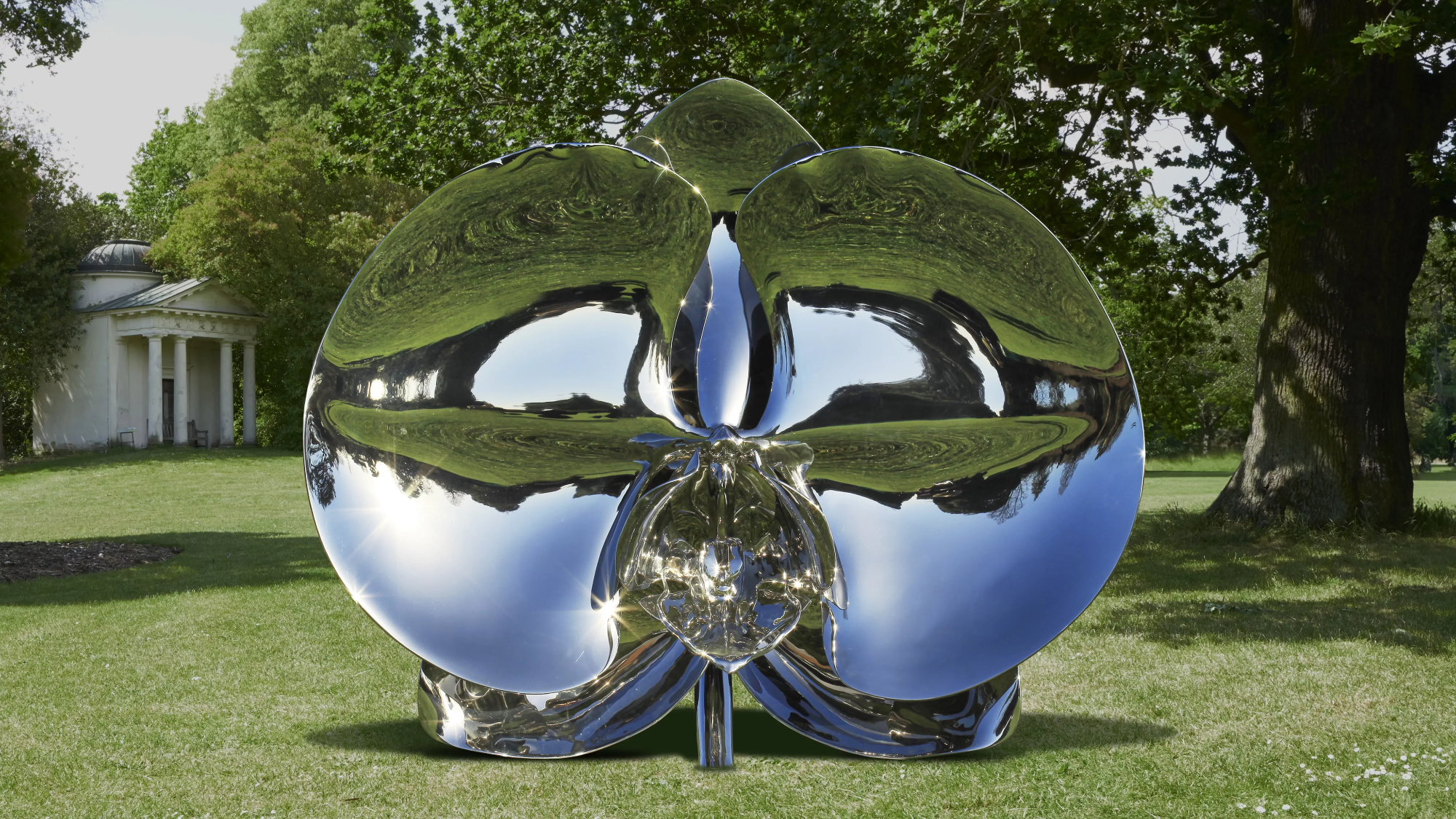 Marc Quinn's Light into Life: an 'al fresco treasure-hunt' of sculpture at Kew
Marc Quinn's Light into Life: an 'al fresco treasure-hunt' of sculpture at KewThe Week Recommends Massive metallic sculptures dotted across the gardens explore 'links between nature and humanity'
-
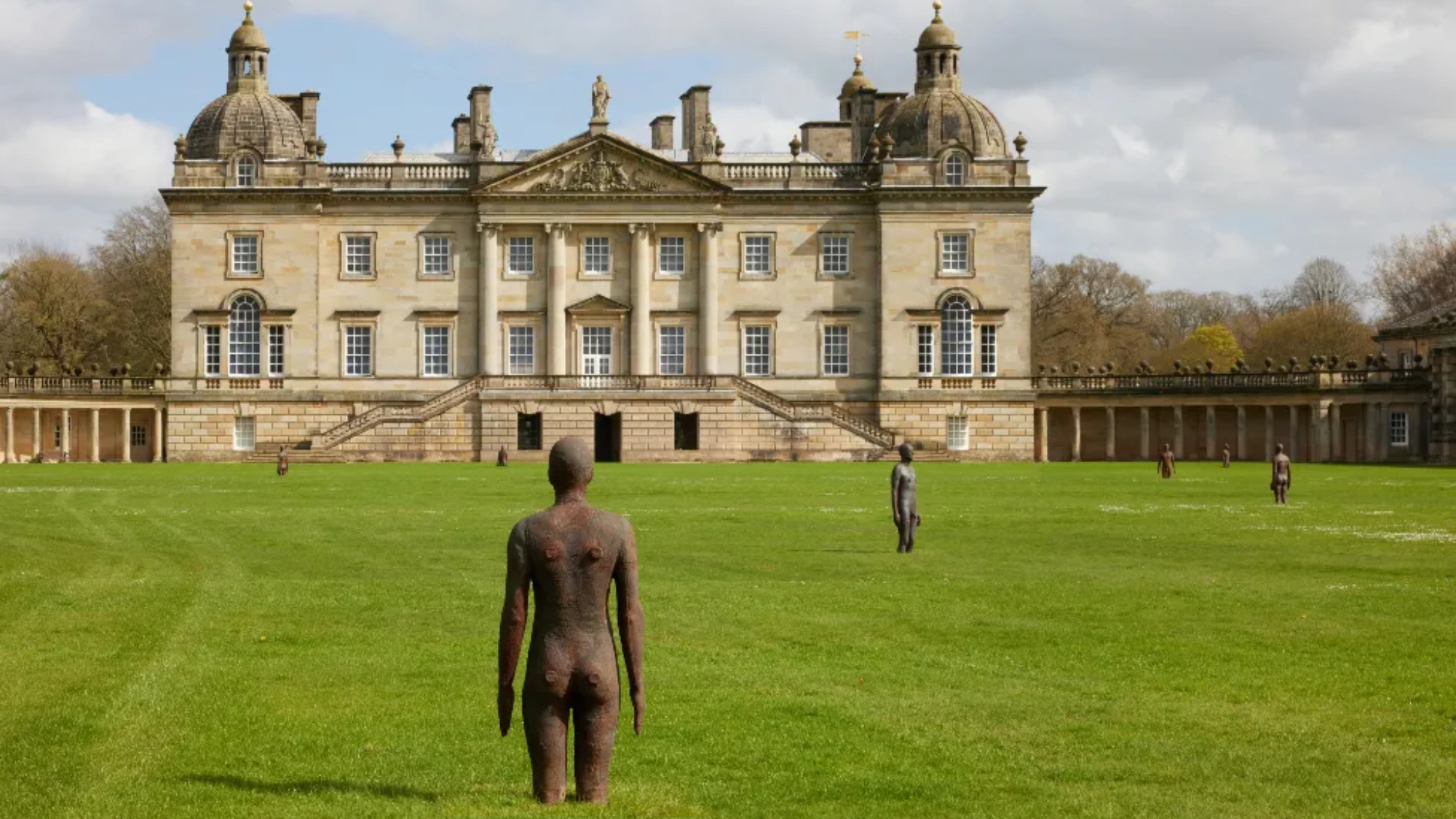 Antony Gormley's Time Horizon – a 'judgmental army' of 100 cast-iron men
Antony Gormley's Time Horizon – a 'judgmental army' of 100 cast-iron menThe Week Recommends Sculptures are 'everymen questioning the privilege of their surroundings' at the Norfolk stately home
-
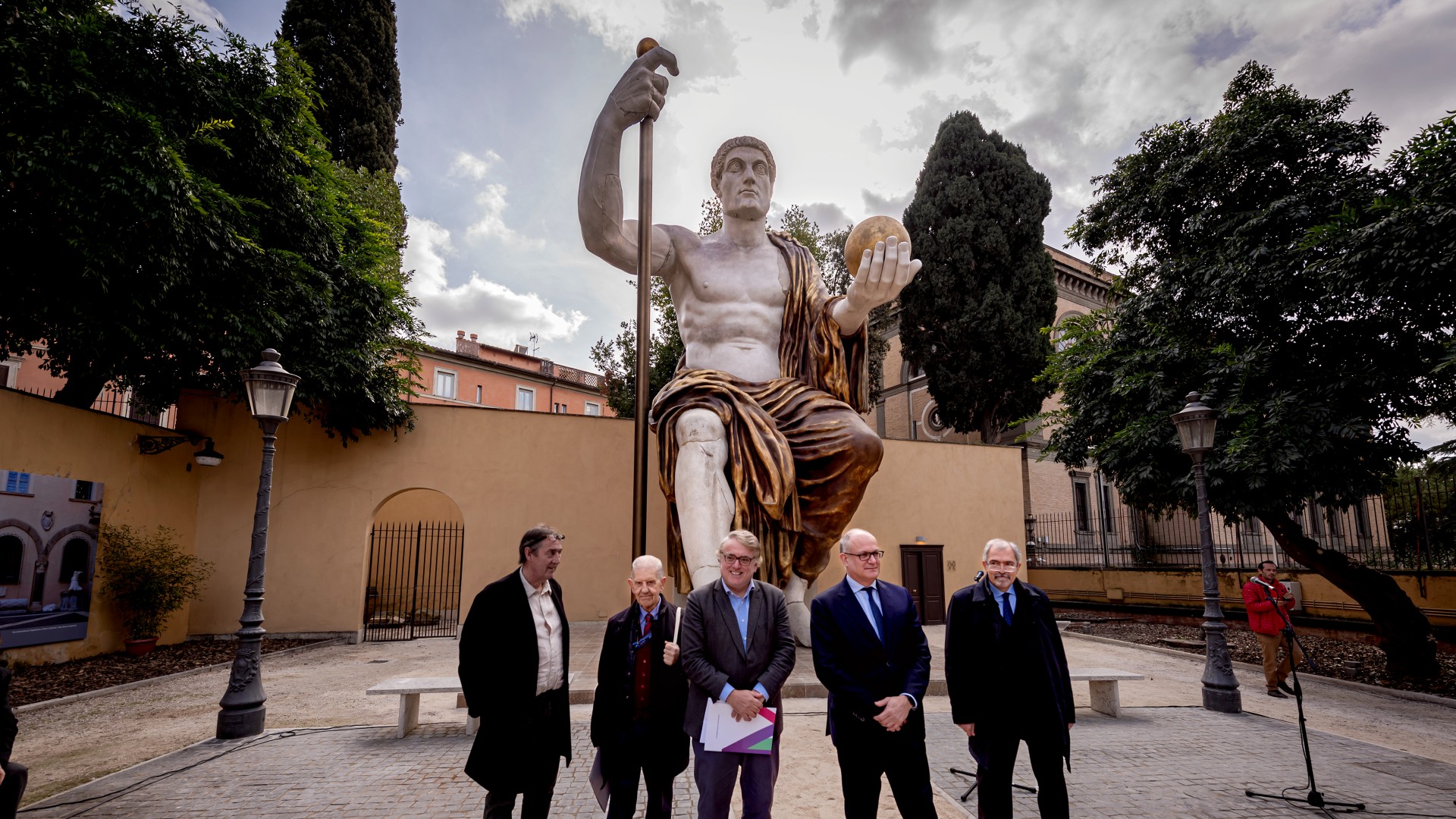 Rome's Colossus of Constantine
Rome's Colossus of ConstantineIn the Spotlight British artist digitally reconstructs original from remaining fragments to create new statue of Roman emperor